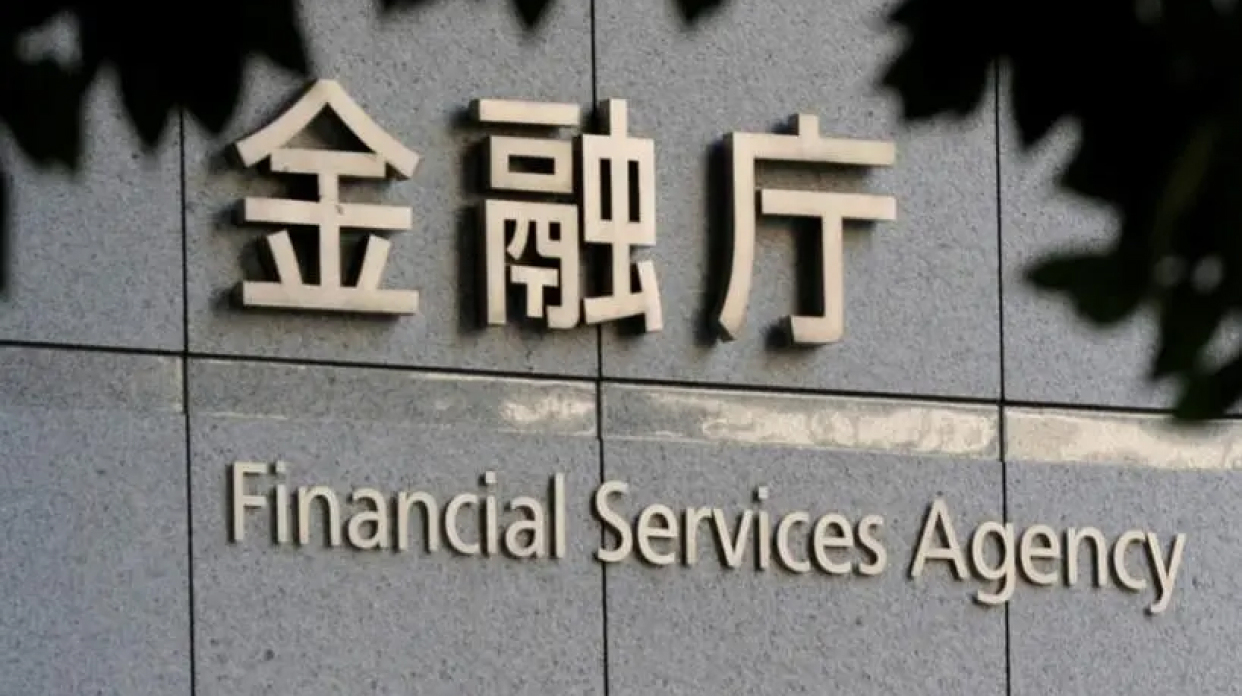About administrative action against Okayasu Shoji Co., Ltd.
OKAYASU SHOJIAdministrative actions against joint stock companies June 24, 2020 Kinki Local Finance Bureau OKAYASU SHOJI Regarding administrative actions against joint-stock companies OKAYASU SHOJI (Head office: Chuo-ku, Osaka, corporate number: 2120001136572, capital: 1,730 million yen; hereinafter referred to as “the Company”), Article 56-2 of the Financial Instruments and Exchange Act (hereinafter referred to as the “Financial Instruments and Exchange Act”). When we requested a report based on the provisions of Paragraph 1, we found the following facts. In lending to an affiliated company, in order to avoid a decline in the capital adequacy ratio, the Company intentionally bypassed business partners and made loans to the affiliated company. By allocating the funds for the Company's subordinated borrowings, from August 30, 2010 to February 28, 2022, the capital adequacy ratio was improved from the original figure, which is different from the actual situation. Calculate the capital adequacy ratio and submit a business report stipulated in Article 172, Paragraph 1 of the Cabinet Office Ordinance on Financial Instruments Business, etc. based on Article 46-3, Paragraph 1 of the FIEA (hereinafter referred to as the "Financial Instruments and Exchange Ordinance") In addition to creating a capital adequacy ratio that differs from the actual situation in the document and submitting it to the authorities, the explanatory documents specified in Article 174 of the Financial Instruments and Exchange Ordinance based on Article 46-4 of the Financial Instruments and Exchange Act and the A document stating the capital adequacy ratio set forth in Article 6, Paragraph 3 was created with a capital adequacy ratio that differed from the actual situation, and was made available for public inspection. In addition, the capital adequacy ratio was below the 120% stipulated in Article 46-6, Paragraph 2 of the FIEA for part of the period. In addition, the Company has submitted notifications in the cases set forth in Article 179, Paragraph 1, Item 1 of the Financial Instruments and Exchange Ordinance based on Article 46-6, Paragraph 1 of the FIEA (when the capital adequacy ratio falls below 140%). I didn't. In the background of the occurrence of this matter, it is recognized that the management of the Company lacks awareness of legal compliance, such as thinking that it should be done in a form that does not conflict with the law. Based on the above, today, we have taken administrative action against the Company for (1) below in accordance with the provisions of Article 52, Paragraph 1 of the FIEA, and for (2) below in accordance with the provisions of Article 51 of the FIEA. (1) Order to suspend business All operations in the financial instruments business (excluding customer payment transactions, etc. that have been individually approved by the authorities) will be suspended from July 8, 2022 to August 7, 2022. to stop. (2) Business improvement order ➀ Clarify where the responsibility of this matter, including the management team, is based on this disposition. 2) Renovate the management stance to work on legal compliance, strive to foster awareness of legal compliance throughout the company, and enhance and strengthen the business management system, internal control system, and internal audit system. (3) Conduct training on “thorough compliance with laws and regulations” for all officers and employees during the suspension period (utilize external organizations such as self-regulatory organizations for training). ④ Explain the contents of this administrative disposition to all customers and take appropriate measures. (5) Concrete measures and implementation status for (1) to (4) above shall be reported in writing within one month (every three months thereafter).
View original
